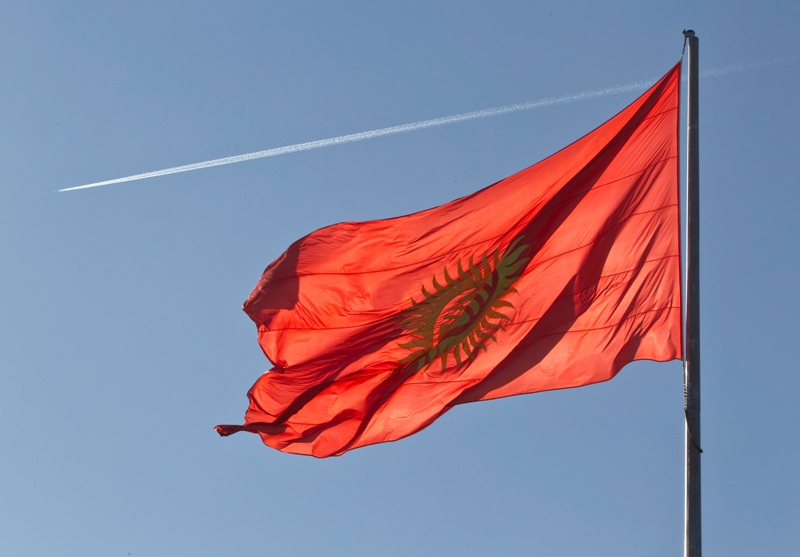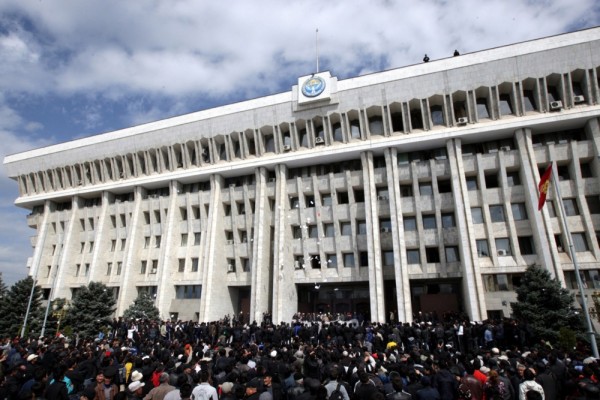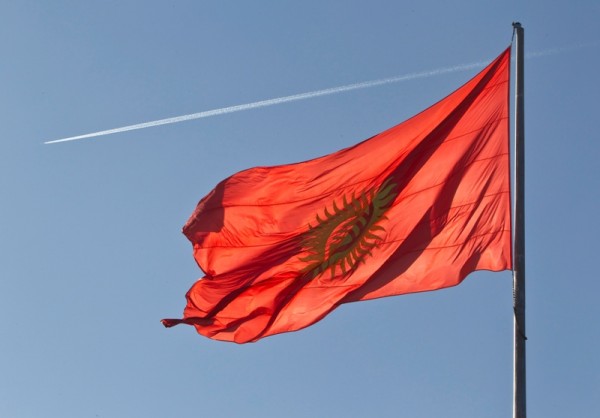The International Press Institute (IPI) today joined in calls for Kyrgyzstan to free political activist and journalist Azimjan Askarov after the U.N. Human Rights Committee found that authorities had violated several of his human rights during his trial and the nearly six years he has spent behind bars.
Authorities accuse Askarov of having caused ethnic violence in the country’s south in 2010 that left a police officer dead at the hands of a mob. Following a trial tainted by threats against his lawyer and witnesses, a court sentenced Askarov to life imprisonment after convicting him of instigating ethnic hatred, inciting disorder and being complicit in the police officer’s murder.
The U.N. Human Rights Committee, in a decision published yesterday, found that Askarov had been arbitrarily detained, held in inhumane conditions, tortured and mistreated, and prevented from adequately preparing his trial defence. Concluding that Kyrgyzstan had violated several articles of the International Covenant on Civil and Political Rights (ICCPR), the Committee’s 18 experts urged Kyrgyzstan to release him immediately and to quash his conviction.
“The findings by the Committee that Mr. Askarov has suffered so many gross violations of his rights cast a shocking pall over the case against him and Kyrgyzstan’s justice system,” IPI Director of Advocacy and Communications Steven M. Ellis said. “We strongly urge authorities to respect the Committee’s findings and the ICCPR, which it has ratified, and to release Mr. Askarov immediately.”
The Human Rights Committee yesterday called on Kyrgyzstan to “make full reparation to Mr. Askarov”, and said that any retrial must be “subject to the principles of fair hearings, presumption of innocence and other procedural safeguards”.
Kyrgyzstan’s treatment of Askarov, who regularly documented human rights violations by police and prison authorities in his hometown of Bazar-Korgon, has drawn international criticism in recent years and caused diplomatic difficulty. In July 2015, the Kyrgyz government ended a bilateral treaty with the United States after the U.S. State Department’s Bureau of Democracy, Human Rights, and Labor awarded Askarov its 2014 Human Rights Defender Award.



